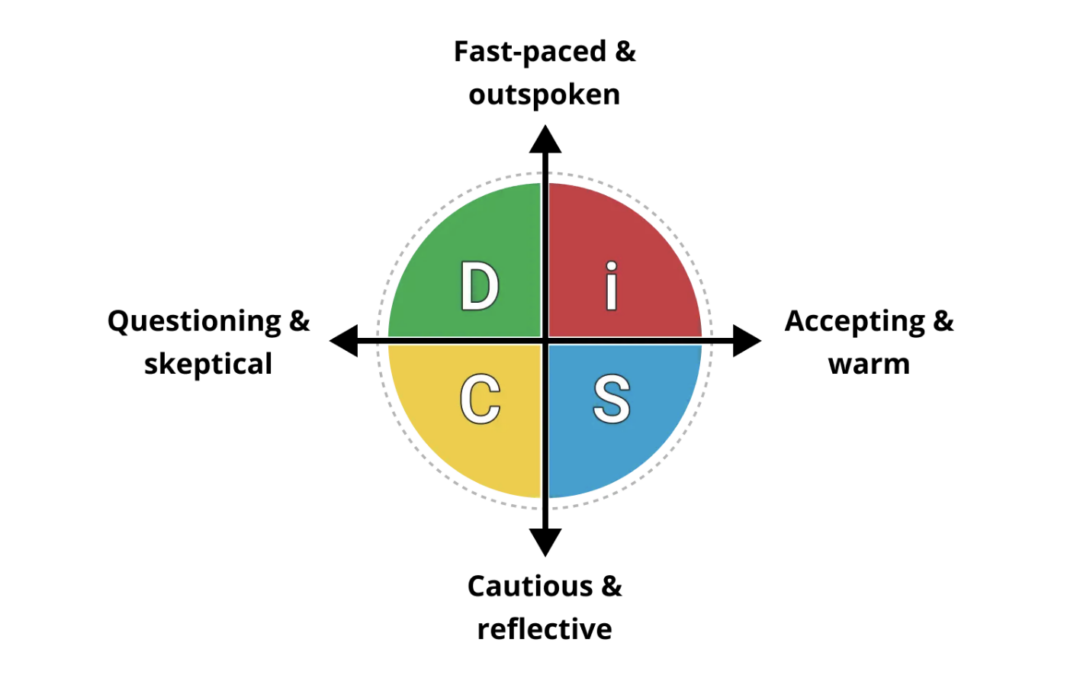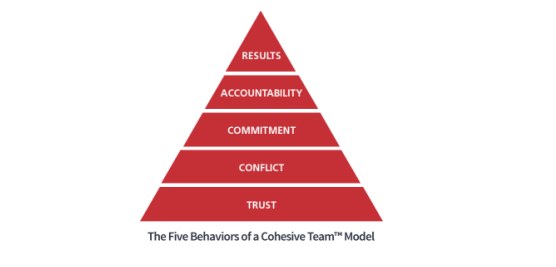
#37 – Nature’s Lesson: The Significance of Reflection in Business
Welcome back to another edition of Impactful Teamwork! My name is Julia Felton, and in this week’s podcast, we explored a topic that has been resonating deeply with my audience on LinkedIn and beyond: the importance of reflection in business. Drawing on lessons from nature’s rhythms, we delve into why pausing to reflect is not only beneficial but essential for personal and business growth.
Why Reflection Matters in a Culture of Busyness
In today’s fast-paced world, we’re often stuck in a perpetual cycle of “pedal to the metal.” Busyness is glorified, and many of us equate being busy with being productive. This mindset was ingrained in me from childhood, and I’ve noticed that it’s a common struggle for my clients as well. They rarely give themselves permission to slow down, reflect, and regenerate. But why is reflection so crucial?
Reflection allows us to join the dots, step back, and gain perspective. When we’re in the thick of daily operations, we’re often too focused on the immediate tasks to see the bigger picture. Pausing gives us the clarity to assess what went well, what didn’t, and what lessons can be carried forward. It’s during these moments of stillness that true learning happens.
Lessons from Nature: The Wisdom of the Seasons
Nature is the ultimate teacher. It operates in rhythms and cycles, each season serving a specific purpose:
- Spring: Planting seeds and setting intentions.
- Summer: Growth, action, and nurturing.
- Autumn: Harvesting results and celebrating accomplishments.
- Winter: Rest, reflection, and restoration.
As we approach the Christmas season—a time synonymous with winter—it’s the perfect opportunity to embrace this phase of reflection and restoration. Winter is nature’s pause, a time to recharge before the rebirth of spring. What if we approached our businesses in the same way?
How to Incorporate Reflection into Your Business
Reflection shouldn’t be a once-a-year activity tied to New Year’s resolutions. To be impactful, it needs to be a regular practice. One simple but effective exercise is the Start-Stop-Continue Framework:
Start: Identify new projects or actions aligned with your purpose and goals.
Stop: Recognize activities, strategies, or habits that no longer serve you.
Continue: Celebrate and double down on what’s working and bringing joy or results.
Practical Tips for Reflection:
- Weekly Reflection: Spend a few minutes at the end of each week asking: What went well? What didn’t? What can I do differently?
- Monthly Review: Dedicate time to assess progress toward larger goals and recalibrate if needed.
- Team Reflection: Build reflection into team meetings. For example, my client plans to make this a regular part of her team’s rhythm to foster continuous improvement and engagement.
Reflection as a Tool for Business Reinvention
Businesses, like nature, operate in cycles. Understanding these phases can help us lead more effectively:Spring: The startup or ideation phase, where creativity thrives.
- Spring: The startup or ideation phase, where creativity thrives.
- Summer: The growth phase, focused on scaling and execution.
- Autumn: The maturity phase, a time to celebrate successes and harvest results.
- Winter: The transformation phase, where reinvention happens.
Research from PwC highlights that businesses now need to reinvent themselves every three years on average to stay competitive. The failure to pause and reflect on changing trends or threats often leads to the downfall of once-successful companies, such as Blockbuster or Kodak.
The Role of Leadership in Different Business Seasons
Just as businesses go through seasons, so do leadership styles. Reflecting on my own experience, I’ve realized that I’m a “spring leader.” I thrive in the startup and ideation phases, where creativity and innovation are key. However, I’ve learned that other leaders excel in summer (execution and growth), autumn (stabilization), or winter (reinvention).
The key takeaway? Match your leadership style to your business’s current season. And, when necessary, bring in others whose strengths complement the needs of the business phase.
Learning from Horses: The Art of Discernment
Horses are masters of discernment. When faced with a potential threat, they don’t react immediately. Instead, they pause to assess whether the danger is real or perceived. This ability to reflect before acting is a powerful lesson for us as business leaders. When challenges arise, take a moment to:
- Pause and assess the situation.
- Determine whether the threat is significant.
- Choose an appropriate course of action.
This simple practice can help you avoid unnecessary stress and make more informed decisions.
Reflection as an Ongoing Practice
As we prepare to welcome 2025, I invite you to think about how you can integrate reflection into your daily, weekly, and yearly routines. Reflection isn’t just about looking back; it’s about learning, adapting, and setting a clearer path forward. Whether it’s using the Start-Stop-Continue framework, incorporating reflection into team meetings, or simply taking a few minutes each day to pause, these small practices can lead to significant growth.
Closing Thoughts
As this year comes to a close, I hope you take the time to reflect on your accomplishments, learn from your challenges, and restore your energy for the year ahead. Nature shows us the value of resting and regenerating—let’s honor that wisdom in our businesses and lives.
I’ll leave you with a final thought: Reflection is not a luxury; it’s a necessity. Without it, we risk staying in the weeds, unable to see the opportunities and threats that lie ahead. But with it, we can gain clarity, make better decisions, and lead our teams and businesses with purpose.
Thank you for being part of this journey with me on Impactful Teamwork. Wishing you a Merry Christmas and a reflective start to 2025. See you in the new year!
Show Notes:
Here are the highlights from this episode:
00:00 Introduction to Impactful Teamwork
00:38 The Importance of Reflection in Business
02:03 Nature’s Cycles and Business Management
06:10 Practical Reflection Exercises
14:59 The Role of Leadership in Different Business Seasons
20:13 Final Thoughts and Holiday Wishes
Listen to Julia’s Masterclass on The Wisdom Of Nature’s Cycles here

Julia Felton (aka The Business Wrangler) is the founder of Business HorsePower. Business leaders, entrepreneurs and executives hire her to accelerate their business performance by harnessing the energy of their people to work more collaboratively together. By aligning purpose with actions the team achieves exponential results as everyone starts pulling in the same direction.
Julia believes that business is a force for good and through designing purpose-driven businesses that leverage the laws of nature, and the herd, you can create businesses founded on the principles of connection, collaboration and community that make a significant impact in the world.














